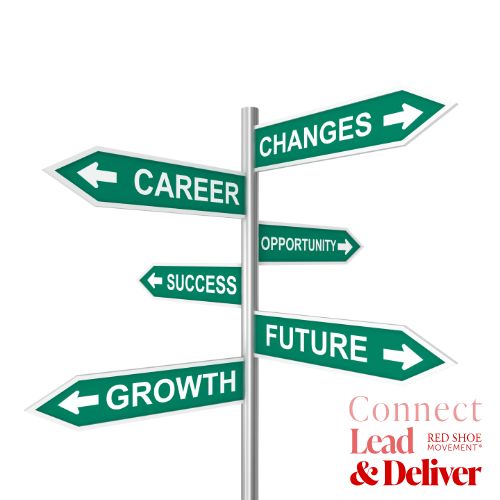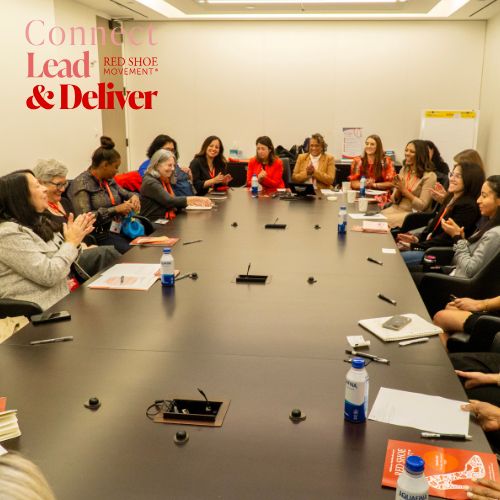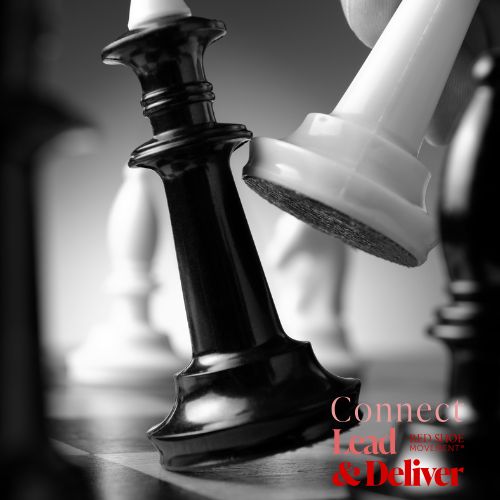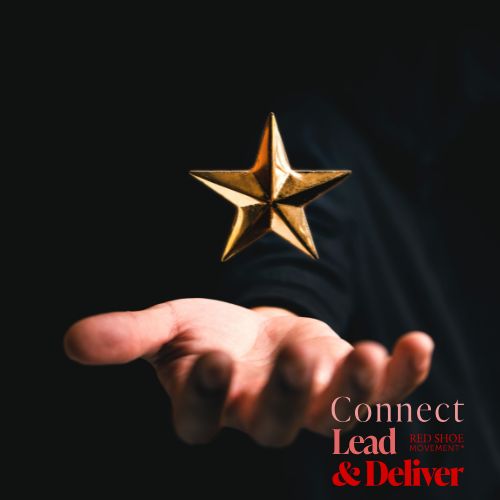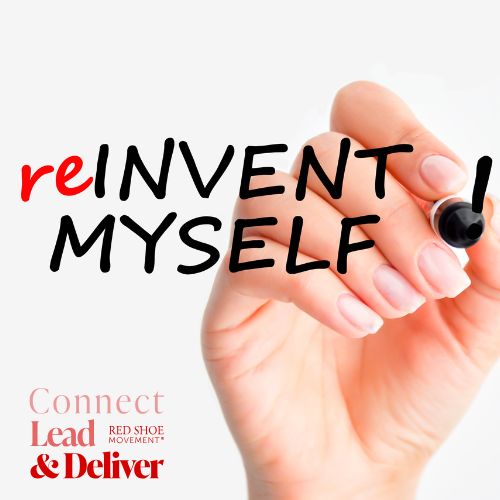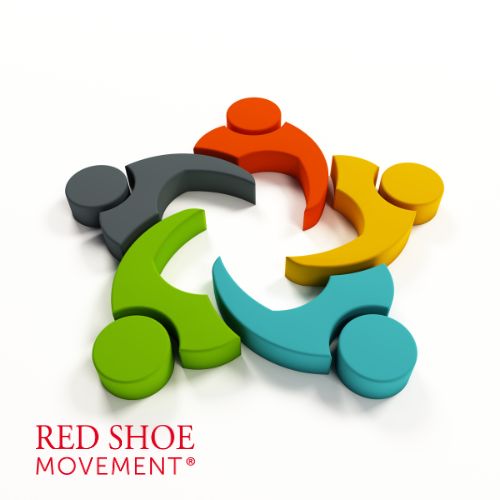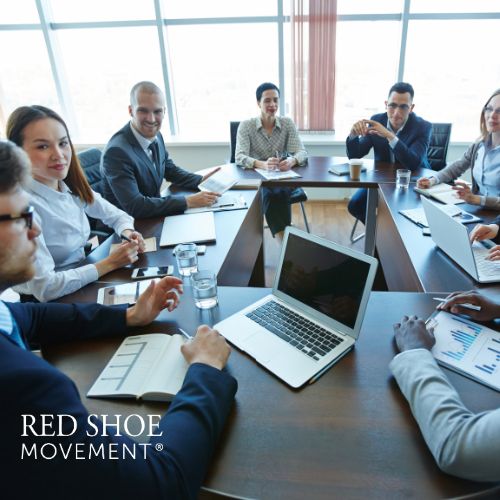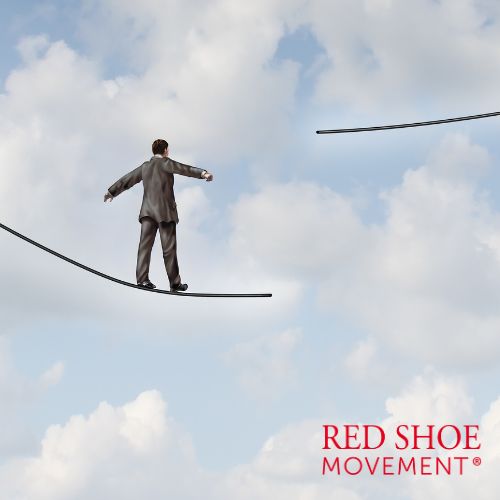Career paths are no longer linear. According to a 2023 report from LinkedIn, over 60% of professionals have changed industries or functions at least once in their careers—and women are leading the way in purposeful pivots.
Whether driven by burnout, values misalignment, caregiving responsibilities, or a desire to pursue a long-delayed dream, more women are looking to reinvent themselves without having to start from scratch. This reinvention moment isn’t a breakdown; it’s a breakthrough. But to maintain momentum, it requires strategy, confidence, and support.
What’s at Stake: Momentum, Identity, and Pay Equity
One of the top concerns women voice when considering a pivot is the fear of losing the credibility, salary, and status they’ve worked hard to achieve. And it’s valid: women who make career changes often face skepticism about their commitment or readiness. However, research found that women who proactively manage their career evolution—by upskilling, networking, and aligning their values—are more likely to experience long-term earnings growth and job satisfaction. The key is learning how to frame the pivot not as a detour but as a natural evolution.
The Three Types of Career Pivots
Lateral Pivots: Same level or title, different function or industry
Vertical Pivots: Moving into leadership roles in new areas
Entrepreneurial Pivots: Starting your own venture or becoming a consultant
Each type carries different risks and rewards, but all benefit from planning, storytelling, and strategic visibility.
How to Pivot Without Losing Ground
Clarify Your Why. Get clear on what’s driving the pivot. Is it burnout? A values clash? The ceiling you’ve hit in your current role? Knowing your why will help guide your choices and shape how you tell your story.
Inventory Your Transferable Skills
Don’t assume you’re starting over. You bring with you a robust toolkit of power skills:
• Cross-functional collaboration
• Strategic thinking
• Influence without authority
• Crisis management
• Storytelling and communication
Use frameworks like the National Association of Colleges and Employers (NACE) career readiness competencies to map these skills to your new direction.
Craft a Reinvention Narrative
In a pivot, perception is everything. Practice framing your career shift in a way that emphasizes evolution and insight. For example: “After 10 years leading client strategy in financial services, I’m bringing my deep understanding of stakeholder alignment and data-driven decision-making to the sustainability sector.” Build credibility by anchoring your story in results, not job titles.
Bridge the Gap with Micro-Moves
Before making a big leap, look for bridge opportunities:
• Join a cross-functional project in your target area
• Take a visible stretch assignment
• Start a side hustle or consulting gig
• Volunteer for a nonprofit in your intended field
Network with Curiosity, not Desperation
Reach out to people in your desired field with thoughtful, specific questions. For example: “I’m transitioning from marketing to impact investing. What surprised you most about this field when you entered it?” Mutual mentoring is a Red Shoe Movement pillar—offer your expertise as much as you ask for advice. People are more likely to advocate for women they’ve built a relationship with over time.
Invest in Future-Proof Learning
Focus your upskilling on industry-specific tools and high-value transferable capabilities like data literacy, digital collaboration, and AI integration. A recent World Economic Forum report highlights these as top growth areas for mid-career women. Platforms like Coursera, edX, and company-sponsored programs often provide low-cost entry points for exploration.
Keep in Mind
Reinvention is not regression. It’s expansion.
Pivoting your career doesn’t mean abandoning momentum—it means redirecting it toward a path that better fits who you are today. You’re not starting over; you’re starting from. The story you tell yourself and others can transform uncertainty into strategy and fear into purpose.
And if you’re ready to build your power skills and your self- confidence, join our Step Up Women year-long leadership program today. If you’d like a one-on-one with Mariela Dabbah, connect with her here.




